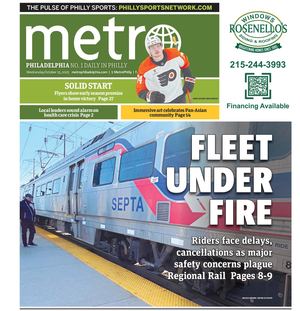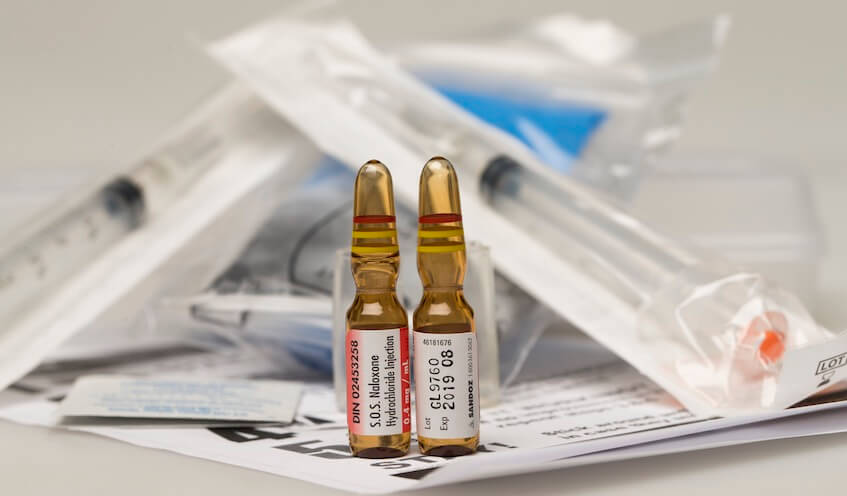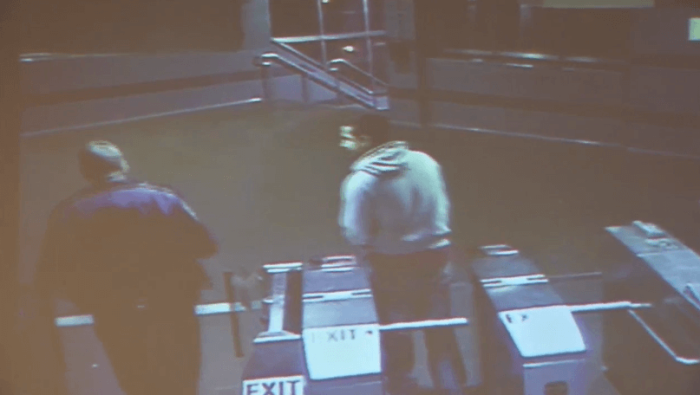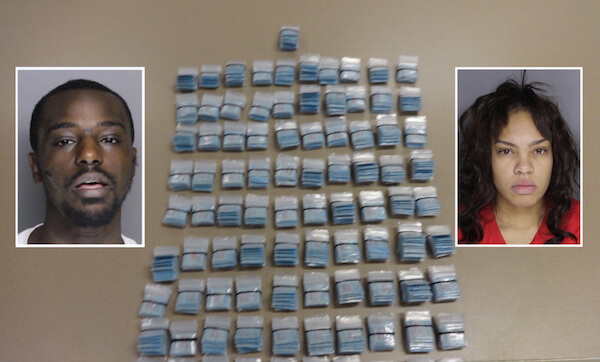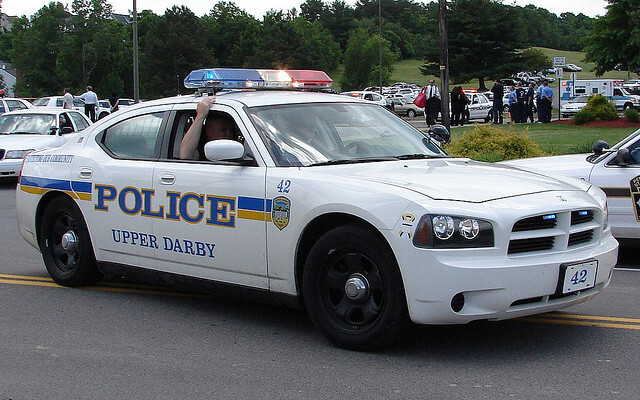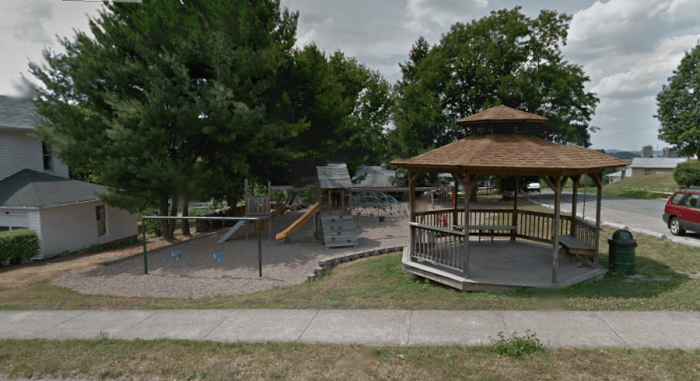It’s likely that more people died of drug overdoses in Philadelphia in 2020 than in any year on record.
Not all of the data is in yet, but, through September, there had been 950 accidental fatal overdoses, a 13% jump compared to the same point in 2019. Philadelphia’s deadliest year was 2017, when 1,217 died.
Officials in the city’s Department of Public Health attribute the spike to the increasing presence of fentanyl, a dangerous synthetic opioid, in drugs not previously associated with it, such as methamphetamine and PCP.
Between the start of 2019 and September, deaths involving PCP, a hallucinogen, mixed with fentanyl rose 1,333%, and fatal overdoses involving fentanyl-laced meth increased 350%, according to DPH.
Fentanyl is 30-to-50 times more potent than heroin, and it can be especially deadly for non-opioid users, most of whom have not built up a tolerance.
Over the past several years, the substance has tainted the city’s heroin supply. Until recently, it was mainly found in heroin sold in Kensington and South Philadelphia, said Dr. Kendra Viner, the health department’s director of substance use prevention and harm reduction.
“Now fentanyl is in everything and everyone who obtains drugs from an illicit source is potentially at risk,” Viner said in a statement Wednesday.
“To respond we will need to ensure that all Philadelphians who use drugs are aware of the danger that this drug poses and what they can do to protect themselves,” she continued.
In some cases, fentanyl has even been pressed into pills, health officials said, masquerading as prescription opioids or benzodiazepines, better known as “benzos.”
Fentanyl has been found in 81% of the 950 accidental overdoses last year, an all-time high, according to DPH.
Back in November, the health department caught wind of a overdose outbreak among restaurant and bar workers in Center City and Old City who were using fentanyl-contaminated cocaine. At least three people died as a result.
The troubling explosion in fentanyl comes as efforts to establish a supervised injection site in Philadelphia continue to be stymied.
Organizers and advocates believe the facility, where people would be allowed to use drugs under medical supervision and be offered treatment services, would save lives.
However, earlier this month, a federal appeals court ruled the site would violate a 1986 law, known as the “crack house” statute, prohibiting the operation of a property “for the purpose of… using a controlled substance.”
Ronda Goldfein, vice president of Safehouse, the nonprofit behind the push for the site in Philadelphia, said the organization is considering its next moves.
It could appeal to the U.S. Supreme Court, request a hearing with the full Third Circuit appeals court or pursue a case in district court on the grounds of religious freedom, she said.
Goldfein said the group hopes it finds a “more receptive audience” in the Biden administration.
“We’re hopeful that all of this, this kind of collective cry for relief, will not be lost on the new administration,” Goldfein told Metro.
U.S. Attorney William McSwain, whose office was leading the legal fight against Safehouse, resigned last week. His departure was expected due to the changing administration in Washington D.C.
President Joe Biden’s nominee for Secretary of Health and Human Services, Xavier Becerra, signed a legal brief supporting Safehouse during his time as California attorney general.
A supervised site would likely be aimed at injection drug users, so it might not make much of a difference to people who believe they are using meth, PCP or prescription pills, health department spokesman Jim Garrow said.
DPH plans, in the next “few weeks or months,” to launch a fentanyl awareness effort, which will include a media campaign.
In addition, employees will be conducting street outreach and handing out fentanyl test strips and naloxone, the overdose reversal drug.
Individuals who want to have naloxone, also known as Narcan, mailed to them can visit www.nextdistro.org/philly.
